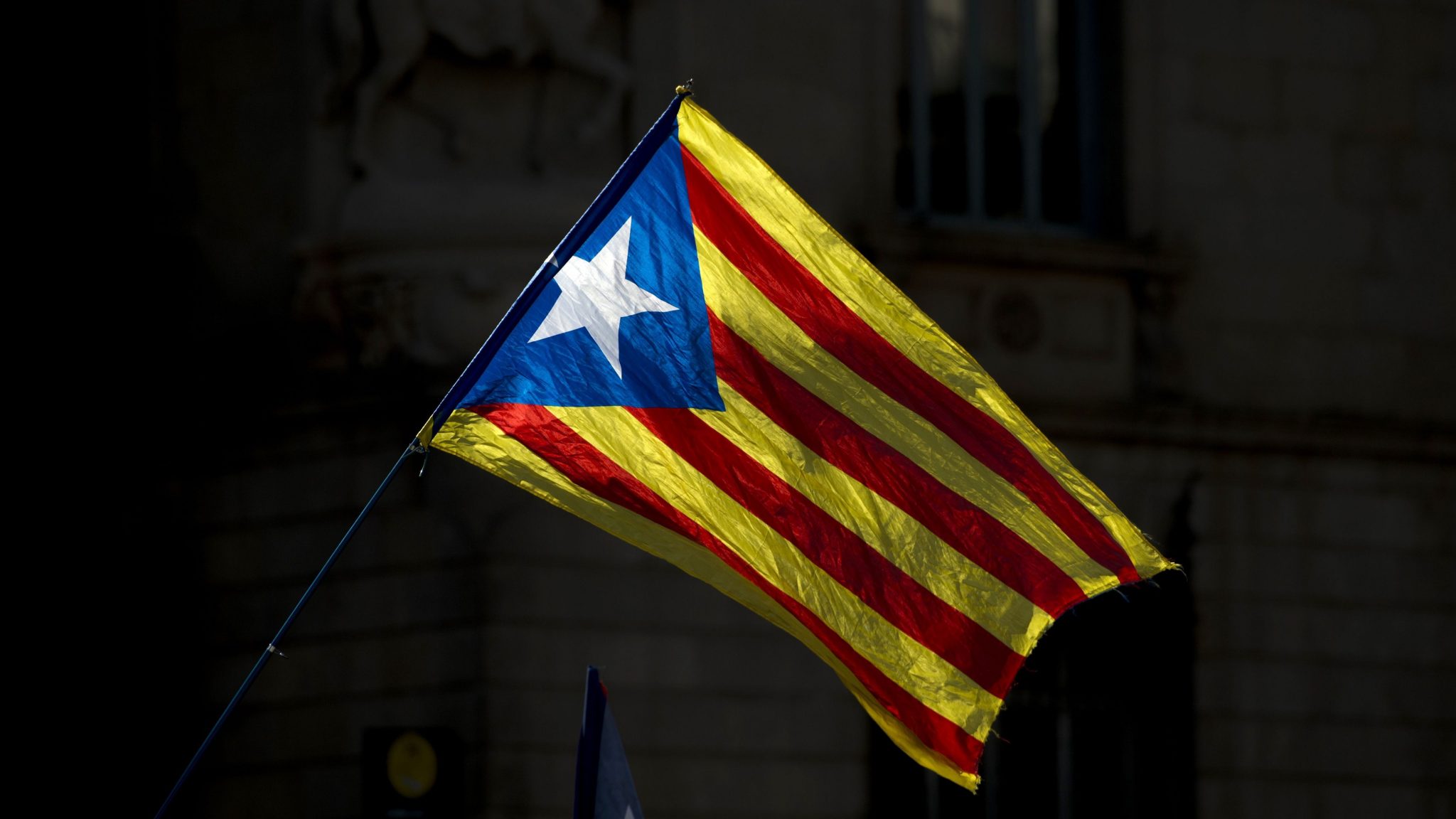
[authorbox authorid=”76″ title=”The Author”]
During the last Catalan crisis, Spain’s National Audience charged two civil society leaders with sedition. They along with thirteen members of the abolished regional government and the President of Parliament face both sedition and rebellion charges. Since the end of October, four Catalan people remain imprisoned without bail nor trial in jails near Madrid. Indefinite detention without a trial can last for up to four years in Spain. Combined sentences for rebellion and sedition can add to up to 30 years of imprisonment.
The overthrown president of Catalonia, Carles Puigdemont, and four other deposed members of his cabinet dodged similar charges by leaving the country for Belgium. Before a Belgian court had to decide about the case, Spain’s Supreme Court withdraw an international arrest warrant ordered weeks before.
All imprisoned politicians who ran in the last elections became (re) elected as regional MPs in the last December 21 elections, held nearly two months after the suspension of Catalonia’s political autonomy. Legally they would be entitled to attend the parliamentary sessions and to present their candidatures to become the next president of Catalonia – if Puigdemont cannot be reelected. However, according to the Spanish National Audience judge, Mrs. Lamela, preventive detention will not allow arrested MPs to attend any of the regional Parliament sessions, including the opening one.
One wonders what are the rebellion and sedition crimes in Spain, and what these people did exactly to be in jail with no bail and no citizen rights, even before a date for a trial has been set.
In Spain – as in France – a rebellion crime requires violent uprising. There is no report of violence being used nor instructed by neither the imprisoned members of the regional government nor the ones in the exile.
Nevertheless, the judge thought otherwise.
Sedition according to Spanish law has nothing to do with the crime with the same name that used to exist in the UK, nor to other sedition offenses still existing in Anglo-Saxon countries. In Spain, sedition is defined as a “public and tumultuous uprising to prevent, by force or outside legal channels, the application of the Laws, or to prevent any authority, official corporation or public official, the legitimate exercise of their functions or compliance with their agreements, or administrative or judicial decisions “.
It is questionable whether the crowds who used passive resistance to defend the voting polls during the Catalan independence referendum – or to block some highways and railway tracks in the general strike occurring two days afterwards – were commanded by the detained members of the abolished regional government.
As for the two arrested civil-society leaders, Jordi Cuixart and Jordi Sànchez , they were put in official custody during a non-authorized protest in front of a regional government building where some regional high officials had been arrested hours before. Police officers were searching the building to find evidence on the organization of the self-determination referendum held days before.
During the demonstration some people vandalized two military police cars that were parked unattended in front of the building. According to existing footage, both separatist leaders demanded the crowd to end the protest immediately. Moreover, police officers and judicial authorities were allowed to exit the premises after their search had been finished.
Once more, the judge thought differently.
During Puigdemont’s recent trip from his exile in Belgium to Denmark – to participate in a debate at the University of Copenhagen – Spanish Supreme court judge, Mr. Pablo Llarena – the very same who weeks ago withdraw the international order of extradition against him and the other exiles – writes:
“The boastfulness the investigated shows by going to a concrete place [Denmark], has no other purpose than to seek detention in order to subvert the purpose of the arrest warrant, turning it into a mechanism that would allow him to circumvent the legal order that governs the parliamentary activity”.
Mr Llarena follows: “[Puigdemont] Facing the legal impossibility to opt for an investiture without appearing in Parliament, the provocation of an arrest abroad seeks that the researched could make appear his absence not as his free decision as a fugitive from justice, but as an imposed situation instead”.
“The anti-constitutional and illegal strategy of the separatists” points out Mr. Llarena , “is one in where Puigdemont is forcing a context to be able to delegate his vote, as if he were in the same situation as those who are at the disposal of this Tribunal, and had been provisionally deprived of their freedom”.
So -according to this judge – the investigated cannot be arrested because that’s what he is looking for.
These statements from a High Court judge do not appear to intend the gathering of facts, but instead they seem to be a product of hypothesis of no legal nature.
As a further matter, such statements make Spanish tribunals appear to work coordinated with the government in a strategy to maintain elected MPs away of the regional parliament, regardless of what the Law says.
A confederacy of this nature between executive and judicial branches seem to be aimed to the common goal of eliminating the separatist movement in Catalonia after the regional parliament declared independence unilaterally. Withdrawing the international arrest warrant, while maintaining the charges in Spain, along with the mentioned preventive imprisonments of elected parliamentarians and civil-society leaders, without evidence of violence being committed, makes many people in Catalonia wonder how far this can go before European authorities react.


